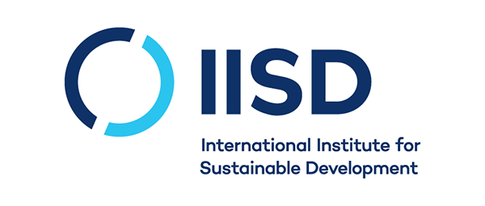The World Bank has published a report that explores the role of trade in lowering poverty, and provides recommendations on how to enable global trade to deliver benefits for the poor. In light of rising protectionism, it highlights the importance of promoting an effective multilateral trading system (MTS) to strengthen a global trade agenda that delivers benefits to the poor.
Titled, ‘The Distributional Impacts of Trade: Empirical Innovations, Analytical Tools, and Policy Responses,’ the report notes that “the rise of international trade has transformed the global economy,” overlapping with a “dramatic” reduction in global poverty. For example, in the 1990-2017 period, global poverty fell from 36% to 9%, and developing countries’ share in global exports grew from 16% to 30%. However, the report warns that “labor market and consumption gains tend to concentrate in some regions and worker categories,” with impacts varying across countries and over time.
According to the publication, many developing countries, particularly in East Asia, have built the infrastructure to support trade, reformed their economic policies to promote it, and directed their youth towards jobs in industries that depend on trade, which brought new jobs and helped those countries integrate into global and regional value chains, and reduce poverty.
To read the full article from the International Institute for Sustainable Development, please click here.

